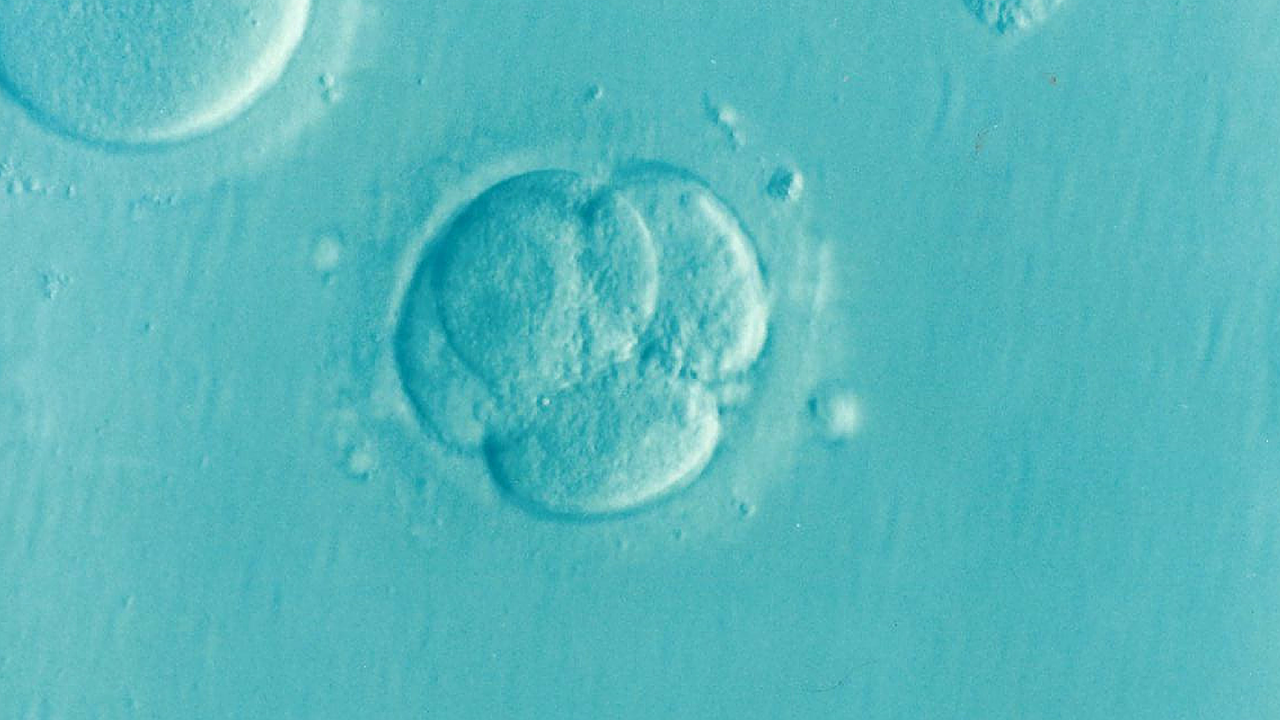‘Embryo Models’ Challenge Legal, Ethical and Biological Concepts
By Philip Ball,
Quanta Magazine
| 06. 13. 2023
In April, researchers in China reported that they had initiated pregnancies in monkeys through a procedure seemingly much like in vitro fertilization (IVF), in which embryos created in a dish were implanted in the uteruses of cynomolgus monkeys. There seemed nothing remarkable about that — except that this was not genuine IVF, because the embryos had not been produced by fertilization. They had been constructed from scratch from monkey embryonic stem cells, with no egg or sperm involved. They were not real embryos at all, but what many researchers call embryo models (or sometimes “synthetic embryos”).
The multi-institutional team of researchers, led by Zhen Lu at the State Key Laboratory of Neuroscience in Shanghai, grew the embryo models in vitro to a roughly nine-day stage of development, making them equivalent to what is called a blastocyst in normal embryos. Then they transferred the models into eight female monkeys. In three of the monkeys, the models successfully implanted in the uterus and continued to develop. None of the pregnancies lasted more than a few days, however, before spontaneously terminating.
Meanwhile, other...
Related Articles
By Diaa Hadid and Shweta Desai, NPR | 01.29.2026
MUMBRA, India — The afternoon sun shines on the woman in a commuter-town café, highlighting her almond-shaped eyes and pale skin, a look often sought after by couples who need an egg to have a baby.
"I have good eggs,"...
By George Janes, BioNews | 01.12.2026
A heart attack patient has become the first person to be treated in a clinical trial of an experimental gene therapy, which aims to strengthen blood vessels after coronary bypass surgery.
Coronary artery bypass surgery is performed to treat...
By Staff, ScienceDaily | 01.05.2026
Scientists at UNSW Sydney have developed a new form of CRISPR technology that could make gene therapy safer while also resolving a decades-long debate about how genes are switched off. The research shows that small chemical markers attached to DNA
...
Following a long-standing CGS tradition, we present a selection of our favorite Biopolitical Times posts of the past year.
In 2025, we published up to four posts every month, written by 12 authors (staff, consultants and allies), some in collaboration and one simply credited to CGS.
These titles are presented in chronological order, except for three In Memoriam notices, which follow. Many more posts that are worth your time can be found in the archive. Scroll down and “VIEW...




